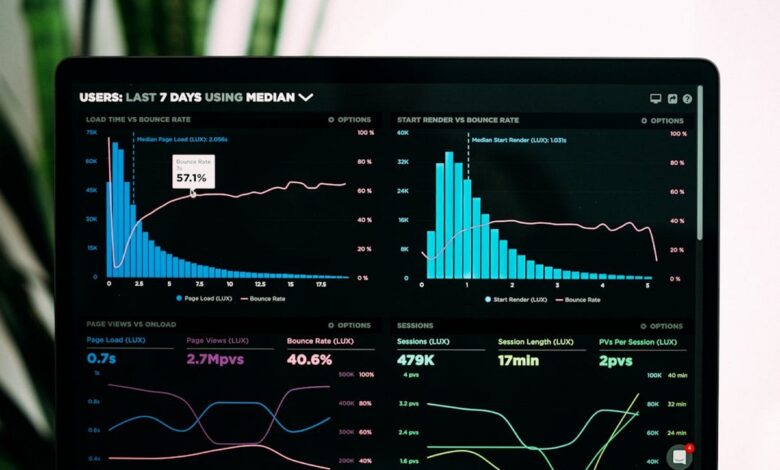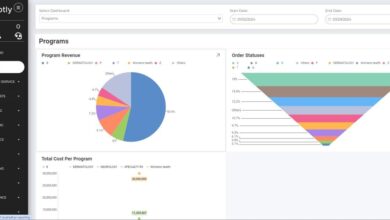Why Power BI Feels Like a Step Backwards in 2024 | by Gabe Araujo, M.Sc. | Mar, 2024

In an era where technology leaps forward with the speed of light, I stand before you with a controversial stance: Power BI, the once-coveted tool in the realm of data analytics, feels like a step backwards in 2024. As someone deeply entrenched in the data analytics world, this realization isn’t one I’ve come to lightly. But as we navigate through this technological era, it’s crucial to dissect and discuss the tools that no longer serve us as they once promised.
First and foremost, the essence of my argument stems from Power BI’s stagnation in innovation. While competitors have boldly stepped into the future, integrating cutting-edge AI and machine learning capabilities, Power BI seems to rest on its laurels. In 2024, we’re looking at tools that can predict trends, offer insights, and learn from their interactions with users. Where does Power BI stand in this? Sadly, it feels like a relic, offering the same functionalities it did years ago without any significant leap forward.
The integration woes are another pain point. As the digital infrastructure of companies becomes increasingly complex, the need for seamless integration has never been more critical. Power BI’s connectivity with newer, more modern tools and platforms is not just lacking; it’s frustratingly behind. When I attempt to integrate it with the latest CRM or project management tools, the process is cumbersome, often requiring a convoluted workaround that feels like a hack rather than a solution. This is not what progress looks like.
Furthermore, let’s talk about user experience. The world is moving towards intuitive, user-friendly interfaces that empower users rather than confuse them. Power BI’s interface, however, remains clunky and unintuitive. For newcomers, the learning curve is steep, making it less accessible to the very people it aims to serve. In an age where democratizing data is key, Power BI’s approach feels elitist and outdated.
Moreover, the pricing structure of Power BI is increasingly becoming a topic of contention. As other tools offer more flexible, scalable options, Power BI’s pricing model remains rigid, making it less attractive to startups and small businesses. This exclusivity not only limits its accessibility but also contradicts the very ethos of technology — to empower and…



